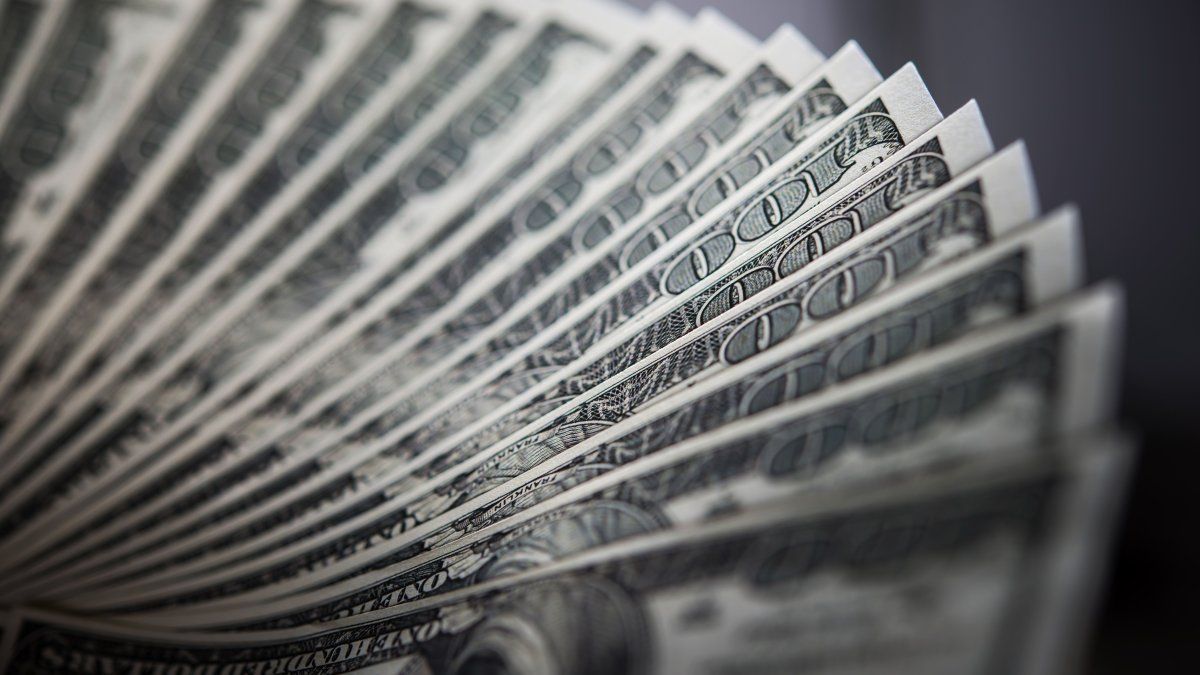If he Asset Regularization Regime that he Javier Milei’s government just launched is successful, perhaps part of it is due to the tax information exchange agreement with the United States signed by Sergio Massa when he was Minister of the Economy. The fear of appearing on a list can lead many to declare assets that are now hidden.
But beyond that, Tax experts recommend entering the new “whitewash” offered by the Argentine State because it is extremely cheap. It is worth remembering that Those who bring dollars to Argentina and leave them deposited in special accounts in the bank for a year would not pay anything.The same applies to those who declare less than US$100,000.
How many dollars will come from money laundering?
As he pointed out to Ambit he CEO of GNP Group, Guillermo Pérez, The market estimates that the government could consider the plan successful if people express their support between US$20 billion and US$30 billion. Of these, a quarter could be dollars re-entering the country, which could help the Central Bank (BCRA) to accumulate reserves.
“It’s a Very cheap money laundering, has very affordable ratesbut anyone who is thinking of entering has to decide now. The first deadline for paying the 5% special tax is September 30th.explained Perez
The other deadlines close on November 30, at a rate of 10%, and then on January 30, at 15%. Pérez recalled that, if a taxpayer declares part of his assets in the first stage (which pays 5%), and then in the last stage makes a new declaration in January (which pays 15%), the tax drags on to the endwhich is why he ends up paying the highest rate.
Pérez considered that for the next declaration of the Income Tax Personal Property “you will have to be extremely careful.” “You can’t make a mistake,” he explained. The deadline for bring dollars to Argentina and deposit them in special bank accounts until December 31, 2025, von November 20th.
“This is linked to personal assets. If paid for 5 years at once, it offers fiscal stability until 2028,” he explained.
How many funds could be laundered?
Accounting firms have long estimated that if the government were to get between $20 billion and $30 billion declared, the government could consider it successful, taking into account the precedent of the money laundering that was carried out during Mauricio Macri’s government. It is equivalent to 10% of the funds of Argentines that are outside the system.
At that time, Funds worth just over US$100 billion were declared under the promise of fiscal stability those who entered, but already towards the end of the same Cambiemos administration the Personal Property tax rate was raised. Then, during Alberto Fernández’s period, it was raised to a maximum of 2.25%.
Perez says that for that reason There is not much enthusiasm among taxpayers to enter the plan.. But, since it is a very advantageous program and the FATCA agreement with the United States is in force, it is likely that there will be people who decide to put their accounts in order before the Federal Public Revenue Administration (AFIP).
Is the exchange of tax information with the US in force?
For months, there has been a debate among accounting firms on the actual validity of the Foreign Account Tax Compliance Tax Act (FATCA) agreement between Argentina and the United States. Although it was signed during the government of Alberto Fernández, the first exchange of information will take place in September of this year. AFIP recently reported that The final deadline for activating the exchange, which was for the American authorities to declare the computer systems of the tax collection agency as secure, had been met.
But Some accounting professionals are still wary that this step has been taken, because they say that the organization did not publish the corresponding note. Even so, the mere validity of the agreement is reason enough to be uneasy.
Systematic bleaching: a worrying symptom
According to the tax accountant Santiago Sáenz Valiente “tax evasion in Argentina is close to 50% of the economy and that drives the cycle of money laundering that involves greater inflow of funds to the State.”
“The background indicates that, since 1956, whitewashing has been imposed which are a recognition of the black holes in economic operations and that implies without the taxes required by law,” says Sáenz Valiente.
The accountant recalls that “the sequence continued in 1962, 1970, 1973, 1977, 1987, 1991, 1989, 2008 2013, 2015” and estimates that “the loss of revenue in our country due to this illegal practice involves“At least US$20 billion per year”.
Source: Ambito




